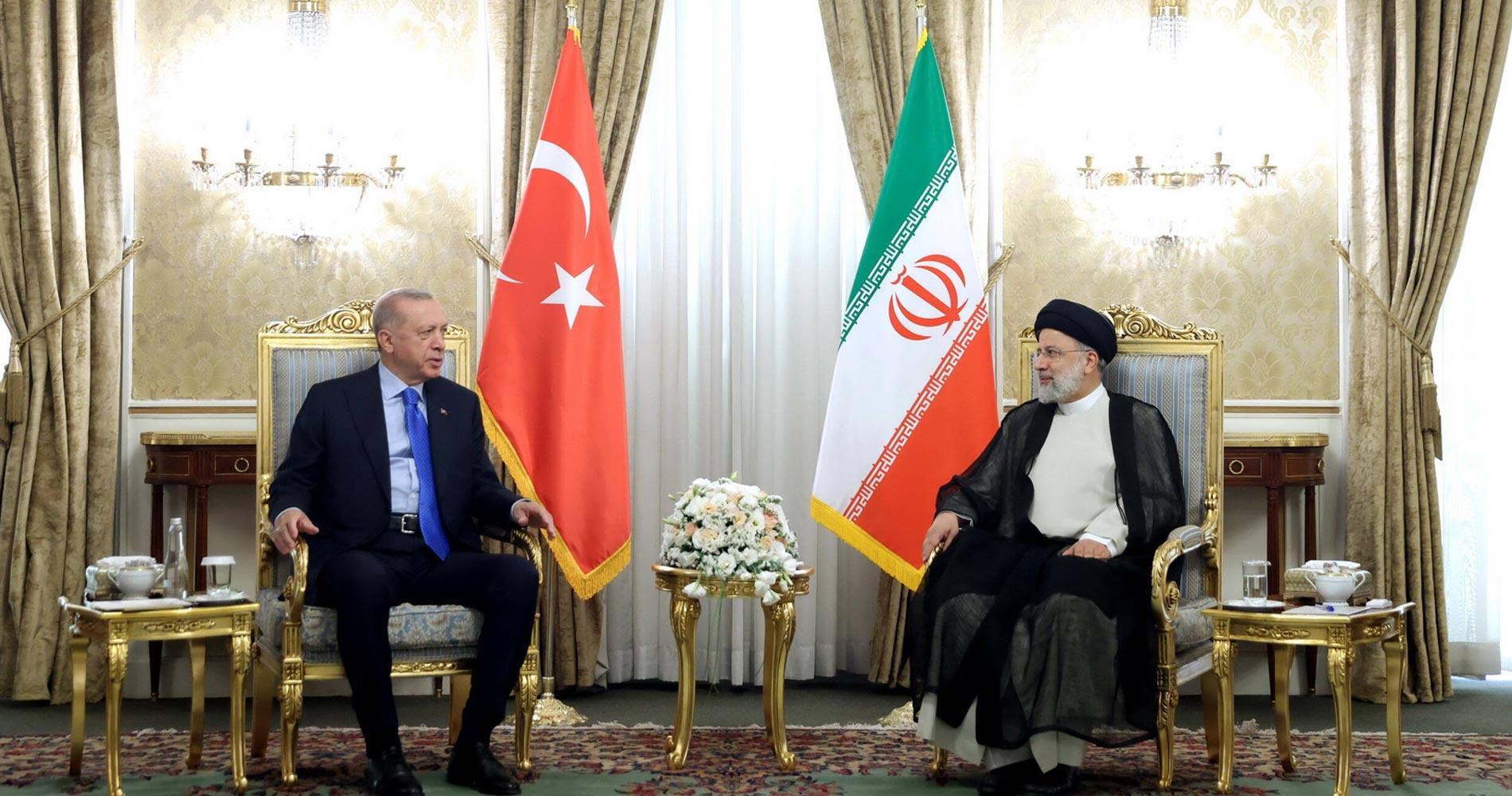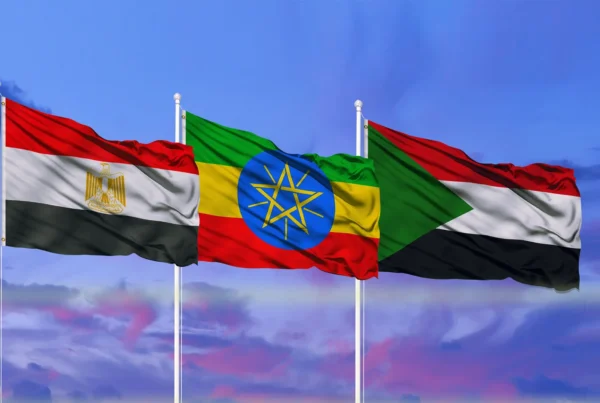Turkey and Iran regard the African continent as an important arena in their quest for international influence. Despite their ideological differences and each having its own reasons to increase influence on the continent, they both have been implementing a non-colonial narrative to expand their presence.
Meric Sentuna Kalaycioglu
13 April 2023
German version
In the last two decades, Europe has been losing its centuries-old dominant position as the trade partner of Africa to Asian rivals such as China, India and Saudi Arabia. Among these, Turkey and Iran emerge as the most active financial players. Most recently, Turkey’s role in brokering the “grain deal” between Russia and Ukraine which allowed safe passage for Ukrainian grain exports to Africa has also bolstered Turkey’s humanitarian position on the continent. As a result of Iran’s new foreign policy following their presidential elections in 2021, Africa has been witnessing the return of Iran after rather dormant relations since the 1980s. Iran’s Supreme Leader Ayatollah Ali Khamenei and other Iranian authorities, have described this ‘comeback’ with the motto “the world is not limited to the West”.
Turkey in Africa
Turkey’s relations with African states have been gaining momentum since 2002, a year that marks the landslide election victory of Turkey’s Justice and Development Party led by Recep Tayyip Erdogan. Since then, Turkey has been pursuing an active foreign policy to improve its presence on the continent through a series of projects and investments in the fields of security, military, education, culture and sustainable development. These efforts were consolidated when Turkey was granted observer status in the African Union (AU) in 2005 and declared a strategic partner in 2008. To strengthen diplomatic relations, the number of Turkish embassies in Africa has increased from 12 in 2002 to 44 as of 2022. Ankara is currently home to the embassies of 38 African states, where it had only 10 in 2008. Turkey’s proactive African policy has resulted in a dramatic increase in trade volume: from USD 5.4 billion in 2003 to USD 34.5 billion in 2021. Turkiye Maarif Vakfi (Turkey’s sole entity authorized to provide educational services abroad) is currently operating in 25 African countries and has 175 schools with nearly 18 000 students in total.
Iran in Africa
Iran has not always been one of Africa’s major trading partners. During the rule of the Pahlavi dynasty, foreign policy of the Imperial State of Persia (1925 – 1979) was developed within the framework of a firm alignment with the West. Iran’s foreign policy changed dramatically following the establishment of the Islamic Republic of Iran in 1979. The new regime’s relations with the African countries expanded in the 1980s when it decided not to pick a side in the Cold War. But owing to the 1980-1988 Iran-Iraq War, the relations could not be strengthened further.
The deepening of Iran’s engagement in Africa started with President Mahmoud Ahmadinejad’s South-South strategy from 2005 to 2013. It aimed to establish an alliance between Tehran and countries in Africa and Latin America to offset the worsening economic relations of Iran with western countries, especially those in Europe. In the mid-2000s, this rapprochement translated into an increase in trade volume. In 2008, Iran’s non-oil exports to Africa accounted for only USD 495 million. According to the Trade Promotion Organization of Iran, the country’s non-oil commodities trade with Africa reached USD 1 billion in 2013 and reached USD 1.19 billion in the last fiscal year (March 2021-2022).
Under Hassan Rouhani’s presidency (2013-2021), Iran’s foreign policy shifted its focus to restoring dialogue with the West. During this period, despite its observer status in the African Union, Djibouti, Morocco, Somalia and Sudan cut their diplomatic ties with Iran on various occasions. But Ebrahim Raisi, who came to power in Iran in 2021, is determined to repair these damaged relationships.
Divergent Interests
The interests of Ankara and Tehran in Africa diverge mostly because of their differing policies related to neighboring countries. Combined with the end of the “bromance” because of Azerbaijan-Armenia tensions over the Nagorno-Karabakh region in 2020, the chances of Turkey and Iran pursuing a unified strategy in Africa look very low.
First and foremost, Iran’s decades-long animosity towards the Gulf States is not shared by Turkey. Despite a number of disagreements on regional issues, the recent financial debt crisis of Turkey pushed Erdogan to revisit the idea of fostering closer ties with Saudi Arabia and the United Arab Emirates (UAE). Moreover, Turkey’s restored diplomatic relations with Israel, along with normalization between Israel, Bahrain and UAE following the Abraham Accords in 2020, have drawn Turkey closer to the Sunni-led Arabian Peninsula coalition. Moreover, in contrast with Iran’s efforts to spread a Shiite agenda in the region, Turkey’s promotion of moderate Sunni Islam is perceived to be less threatening in Africa. This calculated outreach into Africa helps to boost Turkey’s presence and interests more than ever.
Iran, on the other hand, is trying to garner the support of the African countries to counterbalance the influence of the US and its allies in the UN General Assembly and Security Council. Tehran has turned to trading with Africa to compensate for the economic loss caused by multiple US-imposed sanctions against Iran. Another reason for Iran’s expansion in Africa is to reduce the effects of Arab states seeking to control the Red Sea and the African Horn, which are strategically important for Iranian maritime trade.
President Raisi’s official visits in 2022 to African countries, his calls for increased cooperation with Africa, and the recent rapprochement between Tehran and Moscow regarding the war with US-backed Ukraine can signal the potential return of the Iran-centric informal network of political and military cooperation among Afghanistan, Iraq, Iran, Lebanon, Palestine, Syria, and—the so-called the “axis of resistance”. Time will tell.







